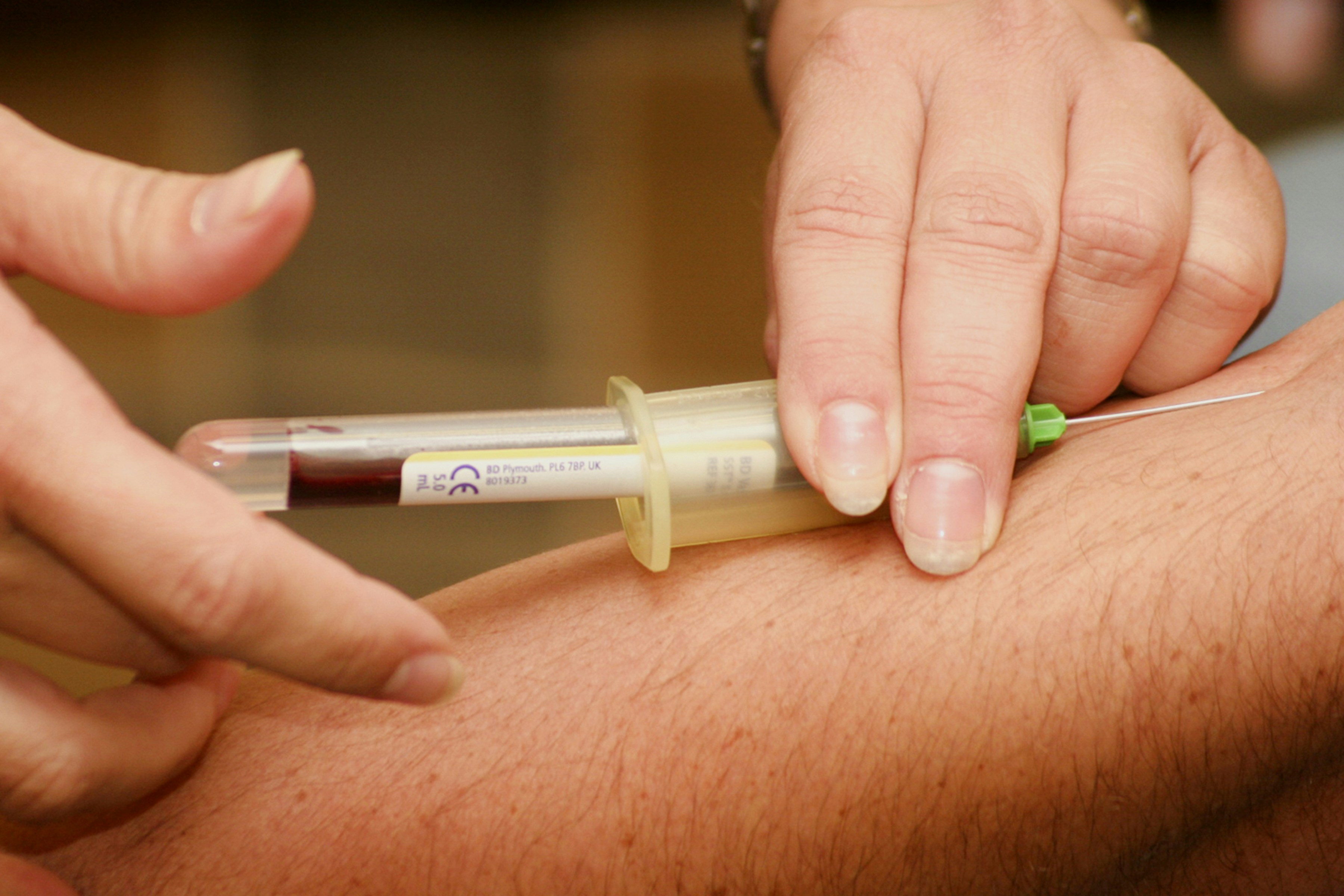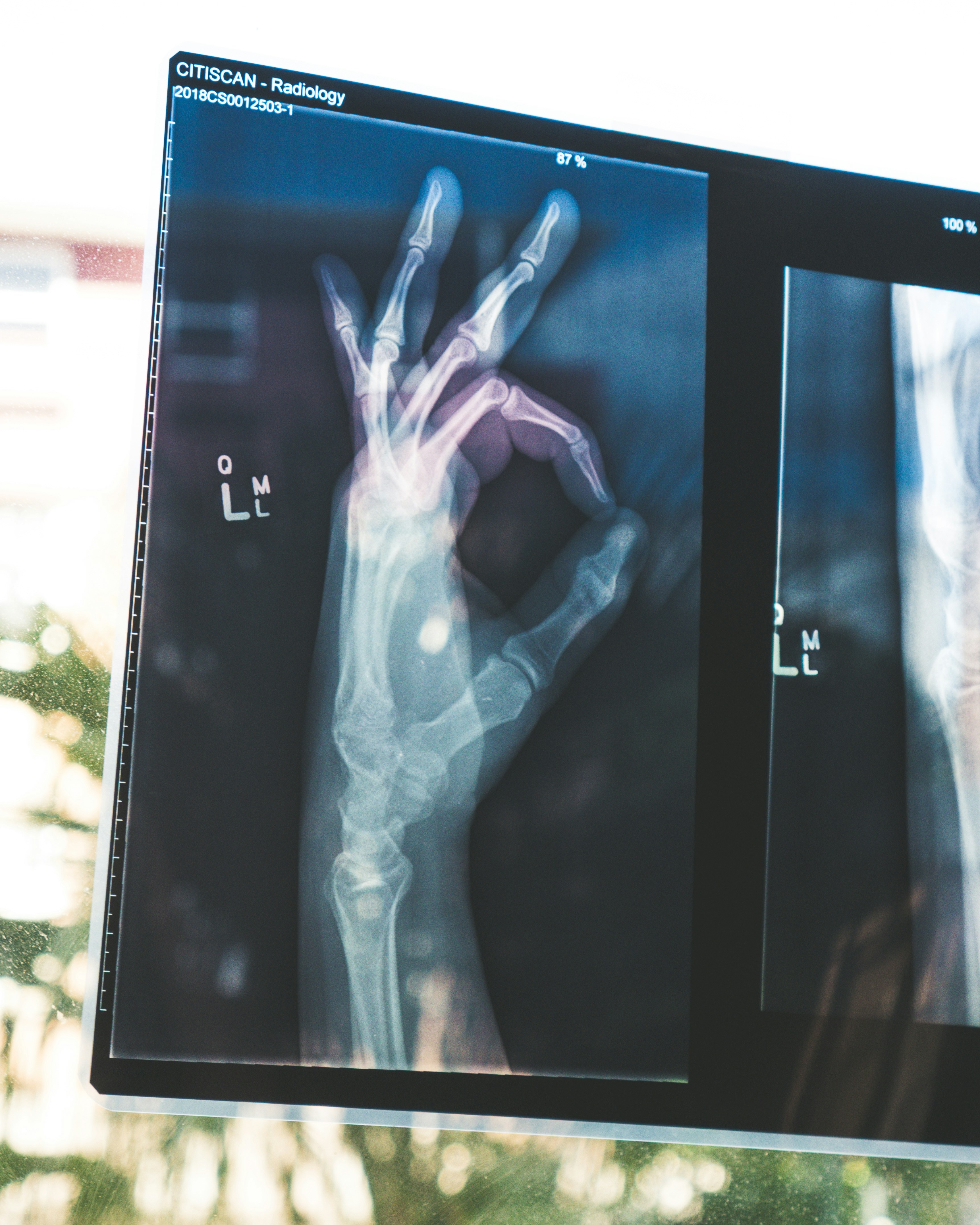Introduction to Medical Data Privacy Laws
Medical data privacy laws are regulations that exist to protect the confidentiality and security of individuals’ medical records and information. These laws are crucial in maintaining privacy and ensuring that sensitive medical data is appropriately handled and safeguarded. The following are some of the key medical data privacy laws that govern the privacy of medical records and information:
The Health Insurance Portability and Accountability Act (HIPAA)
HIPAA is a federal law in the United States that sets the standards for protecting individuals’ medical records and personal health information. It includes provisions for safeguarding electronic health records, limiting the disclosure of patient information, and granting individuals control over their own health data.
The General Data Protection Regulation (GDPR)
The GDPR is a European Union regulation that governs the collection, storage, and use of personal data, including medical information. It establishes rules for the protection of individuals’ privacy rights and imposes strict requirements on how organizations handle and share medical data.
State-Level Medical Privacy Laws
In addition to federal laws like HIPAA, many U.S. states have enacted their own medical privacy laws. These laws often provide additional protections for individuals’ medical records and information and may impose stricter requirements on entities handling such data.
By complying with these medical data privacy laws, healthcare providers, insurers, and other entities can ensure the privacy and security of individuals’ medical records and information while upholding their ethical responsibilities to protect patient confidentiality.
This image is property of images.unsplash.com.
The Health Insurance Portability and Accountability Act (HIPAA) is a set of laws that govern the privacy and security of medical records and other healthcare information. These laws were designed to protect your personal health information from unauthorized access, use, and disclosure. HIPAA applies to healthcare providers, health plans, and healthcare clearinghouses, as well as to business associates that handle this type of information on their behalf.
HIPAA Privacy Rule
The HIPAA Privacy Rule establishes standards for how healthcare providers and other covered entities may use and disclose your medical information. It gives you rights over your health records, such as the right to access and request corrections to your information. The Privacy Rule also requires covered entities to implement safeguards to protect the privacy of your health information.
HIPAA Security Rule
The HIPAA Security Rule goes hand in hand with the Privacy Rule, requiring covered entities to implement specific safeguards to protect electronic health information. This includes implementing security measures to prevent unauthorized access or disclosure of your medical records, as well as ensuring the integrity and availability of your information.
HIPAA Breach Notification Rule
The HIPAA Breach Notification Rule requires covered entities to notify you in the event of a breach of your unsecured medical information. This helps you stay informed and take necessary steps to protect your identity and personal health information.
HIPAA Enforcement Rule
The HIPAA Enforcement Rule establishes the procedures for investigating and imposing penalties for violations of HIPAA regulations. It sets the guidelines for conducting investigations, determining the appropriate penalties, and providing individuals with the opportunity to file complaints regarding privacy breaches.
HIPAA is a comprehensive set of laws that protect the privacy and security of your medical records and healthcare information. By establishing standards for how this information is used, disclosed, and protected, HIPAA ensures that your personal health information remains private and confidential.
This image is property of images.unsplash.com.
The General Data Protection Regulation (GDPR) is a far-reaching privacy law that establishes guidelines for the collection, use, and storage of personal data within the European Union (EU). It applies not only to medical data but also to all forms of personal information. The GDPR aims to ensure that individuals have control over their data and that it is processed and protected in a transparent and secure manner.
2.1 GDPR Principles and Scope
Under the GDPR, personal data must be processed lawfully, fairly, and transparently. Data collectors must have a legitimate purpose for processing the data and must ensure its accuracy and confidentiality. This includes medical records and information, as they are considered personal data.
2.2 GDPR Rights of Data Subjects
The GDPR grants individuals various rights regarding their personal data, including the right to access, rectify, and erase their information. Data subjects also have the right to restrict or object to the processing of their data, as well as the right to data portability.
2.3 GDPR Data Controller and Processor Roles
The GDPR distinguishes between data controllers and data processors. A data controller determines the purposes and means of processing data, while a data processor handles data on behalf of the controller. Both roles have specific responsibilities and obligations to ensure compliance with the GDPR.
2.4 GDPR Breach Notification and Fines
In the event of a data breach, the GDPR requires timely notification to both affected individuals and the appropriate supervisory authority. Failure to comply with the GDPR can result in significant fines, which can reach up to 20 million euros or 4% of the global annual turnover, whichever is higher.
The GDPR provides a comprehensive framework for protecting the privacy of medical records and information, ensuring that individuals’ rights are respected, and establishing accountability for processing and safeguarding healthcare data.
This image is property of images.unsplash.com.
## Health Information Technology for Economic and Clinical Health (HITECH) Act
The Health Information Technology for Economic and Clinical Health (HITECH) Act, enacted as part of the American Recovery and Reinvestment Act of 2009, plays a significant role in safeguarding the privacy of medical records and information. It introduces various regulations and requirements that healthcare providers and business associates must adhere to when handling protected health information (PHI).
HITECH Act and HIPAA
The HITECH Act expands upon the privacy and security provisions of the Health Insurance Portability and Accountability Act (HIPAA). It strengthens the penalties for non-compliance, introduces breach notification requirements, and establishes stricter rules for the use and disclosure of PHI without patient consent. Furthermore, it extends HIPAA regulations to include business associates, such as contractors and subcontractors, who also have access to patient information.
Meaningful Use and Electronic Health Records (EHRs)
Under the HITECH Act, the concept of “meaningful use” was introduced to promote the adoption and use of electronic health records (EHRs). Meaningful use criteria outline specific objectives that healthcare providers must achieve to qualify for incentive programs. This promotes the secure exchange of medical information and enhances patient privacy.
Penalties and Enforcement
The HITECH Act empowers the Office for Civil Rights (OCR) within the Department of Health and Human Services to enforce compliance with its regulations. Non-compliance can lead to significant penalties, including monetary fines and reputational damage. These penalties serve as a deterrent, encouraging healthcare entities to prioritize the protection of medical records and information.
The HITECH Act is crucial in ensuring the privacy and security of medical records and information. It enhances the safeguards established by HIPAA, promotes the adoption of electronic health records, and enforces compliance through penalties and enforcement measures.
What are the Medical Data Privacy Laws that govern the privacy of medical records and information?
In the digital age, the privacy of medical records and information is a paramount concern. To ensure the confidentiality and protection of sensitive medical data, various laws have been put in place. One such law is the Genetic Information Nondiscrimination Act (GINA).
4. Genetic Information Nondiscrimination Act (GINA)
4.1 GINA Prohibitions
Under GINA, it is unlawful for employers and health insurers to discriminate against individuals based on their genetic information. This includes employment decisions, such as hiring, firing, and promotions, as well as the denial of health insurance coverage or increased premiums based on genetic information.
4.2 GINA Privacy and Confidentiality
GINA also safeguards the privacy and confidentiality of genetic information. It requires covered entities to maintain strict confidentiality and implement security measures to protect this information from unauthorized access, use, or disclosure.
4.3 GINA Protections in Employment and Insurance
Furthermore, GINA offers protections in both employment and insurance settings. It prohibits employers from requesting or acquiring genetic information, except in limited circumstances. Similarly, health insurers are prohibited from using genetic information to determine eligibility, coverage, or premium rates.
These provisions of the Genetic Information Nondiscrimination Act are crucial in promoting and preserving the privacy of individuals’ medical records and information. By prohibiting discrimination and enforcing strict confidentiality measures, GINA ensures that your sensitive genetic data remains secure and protected.
5. Family Educational Rights and Privacy Act (FERPA)
The Family Educational Rights and Privacy Act (FERPA) is one of the medical data privacy laws that regulates the access and disclosure of medical information in educational settings. This act applies to all educational institutions that receive funds from the U.S. Department of Education. FERPA safeguards the privacy of student health records and provides individuals with certain privacy rights and consent requirements.
5.1 FERPA and Student Health Records
Under FERPA, student health records are considered educational records and are protected by privacy laws. Schools must have written consent from a student’s parent or eligible student (if 18 years or older) before disclosing any medical information to third parties, including healthcare providers. This ensures that the confidentiality of these records is maintained.
5.2 FERPA Privacy Rights and Consent
FERPA grants privacy rights to parents and eligible students, giving them the right to access and request amendments to their medical records. Additionally, individuals have the right to control the disclosure of their medical information, and schools must obtain prior written consent before sharing it with anyone outside the educational institution.
5.3 FERPA Exceptions and Disclosures
While FERPA generally requires consent for the disclosure of medical records, there are exceptions to this requirement. For instance, disclosures may be made to protect the health and safety of the student or others in emergency situations. FERPA also permits disclosures to individuals involved in providing support services to the student, such as counselors or healthcare professionals. However, these exceptions are limited and must be carefully considered to ensure compliance with the law.
FERPA plays a crucial role in protecting the privacy of student health records. It establishes privacy rights, consent requirements, and exceptions for disclosure to ensure the confidentiality and security of medical information within educational environments.
The Privacy Rule under 42 CFR Part 2
The Privacy Rule under 42 CFR Part 2 is a crucial medical data privacy law that specifically addresses the confidentiality requirements for substance use disorder (SUD) records. This section outlines the scope and necessary consent for disclosing such records, ensuring the privacy of individuals seeking treatment for substance abuse.
6.1 Scope of 42 CFR Part 2
The scope of 42 CFR Part 2 applies to federally assisted substance use disorder programs. It prohibits the disclosure of patient identifying information by these programs, including their treatment or referral records, without explicit written consent. This regulation safeguards the privacy of patients and the sensitive nature of their healthcare information.
6.2 Consent and Confidentiality Requirements
Under 42 CFR Part 2, consent for the disclosure of SUD records must be in writing, signed, and dated by the patient. This consent allows the release of records to specified individuals or entities, ensuring only authorized recipients have access to this highly sensitive information. Additionally, consent must include a statement describing the extent and purpose of the disclosure, guaranteeing transparency and understanding for the patient.
6.3 Disclosure of Substance Use Disorder (SUD) Records
42 CFR Part 2 permits the disclosure of SUD records without consent in certain circumstances, including medical emergencies, scientific research, and audits by government agencies. However, strict regulations are in place to safeguard individuals’ privacy rights even in these cases, ensuring responsible and ethical handling of their medical data.
The Privacy Rule under 42 CFR Part 2 is a vital component of medical data privacy laws. It sets clear guidelines for the consent, confidentiality, and disclosure of substance use disorder records, allowing individuals to seek treatment with confidence in the privacy of their sensitive medical information.
State Health Information Privacy Laws
The privacy of medical records and information is governed by a number of medical data privacy laws. One particular set of laws that play a crucial role in protecting the privacy of medical data are the state health information privacy laws. These laws vary from state to state and outline the rights and obligations of individuals and organizations when it comes to handling and disclosing medical information.
Overview of State Laws
State health information privacy laws are enacted at the state level and often complement federal laws, such as the Health Insurance Portability and Accountability Act (HIPAA). These laws address a wide range of issues related to medical data privacy, including the collection, use, and disclosure of medical information. They also establish standards for security measures to safeguard medical records.
Variation in State Laws
One important aspect to note is the variation in state laws. Each state has the autonomy to establish its own set of regulations and requirements regarding medical data privacy. This means that the rights and responsibilities of individuals and organizations may differ significantly from one state to another. It is crucial for healthcare providers, insurers, and patients to be aware of the specific laws in their particular state.
State Reporting and Consent Requirements
State health information privacy laws often stipulate reporting requirements for healthcare providers, requiring them to report certain medical conditions or diseases to relevant government agencies. Additionally, these laws may also outline consent requirements, specifying the circumstances under which individuals must provide consent for the disclosure or use of their medical information.
State health information privacy laws play a crucial role in governing the privacy of medical records and information. These laws vary from state to state, highlighting the importance of understanding the specific regulations in your own state. By staying informed and complying with these laws, both individuals and organizations can contribute to the protection of medical data privacy.
8. The California Consumer Privacy Act (CCPA)
The California Consumer Privacy Act (CCPA) is one of the significant medical data privacy laws that govern the privacy of medical records and information. It was introduced in California to protect the personal information of residents and ensure their rights are respected in the digital age.
8.1 CCPA Applicability
The CCPA applies to businesses that collect, process, or sell personal information of California residents. This includes healthcare providers, insurers, and other entities involved in managing medical records. The law grants Californian residents certain rights regarding their personal information collected by these businesses.
8.2 Privacy Rights for Californian Residents
Under the CCPA, Californian residents have the right to know what personal information is being collected and how it is used. They also have the right to request access to their medical records and have them corrected if necessary. Additionally, residents can opt-out of the sale of their data to third parties.
8.3 Business Obligations and Penalties
The CCPA places several obligations on businesses, such as providing clear privacy notices, implementing security measures to protect personal information, and obtaining consent for data collection. Failure to comply with the law can result in severe penalties, including fines and legal action.
The California Consumer Privacy Act is just one example of a medical data privacy law that aims to safeguard the privacy and security of medical records and information. It reinforces the importance of protecting individuals’ sensitive healthcare data in our increasingly digital world. The privacy of medical records and information is of paramount importance in the healthcare industry. To ensure a high level of protection, various laws and regulations have been implemented. In this article, we will explore some of the major medical data privacy laws that govern the privacy of medical records and information.
10. Cybersecurity Laws and Regulations in Healthcare
10.1 HIPAA Security Rule and Cybersecurity
The Health Insurance Portability and Accountability Act (HIPAA) Security Rule sets forth requirements for the protection of electronic protected health information (ePHI). It establishes standards for the security and confidentiality of patient data, including physical, technical, and administrative safeguards.
10.2 Cybersecurity Frameworks
Cybersecurity frameworks, such as the National Institute of Standards and Technology (NIST) Cybersecurity Framework, provide guidelines and best practices for organizations to manage and mitigate cyber risks effectively. These frameworks assist healthcare entities in implementing robust security measures to safeguard medical records and information.
10.3 Cybersecurity Best Practices in Healthcare
Beyond specific laws and regulations, healthcare organizations are encouraged to adopt cybersecurity best practices. This includes regularly conducting risk assessments, implementing strong access controls, employing encryption technologies, and training staff on security awareness.
By adhering to these medical data privacy laws, healthcare providers can ensure the confidentiality, integrity, and availability of patient records and information, further promoting trust and confidence in the healthcare industry.



